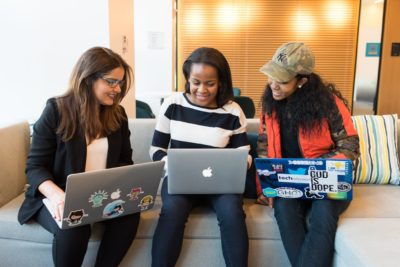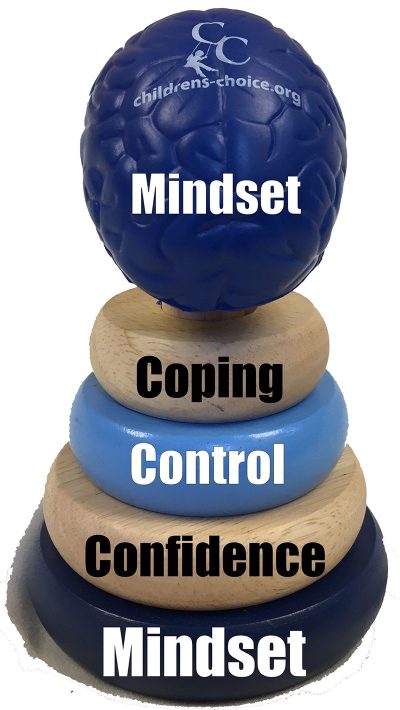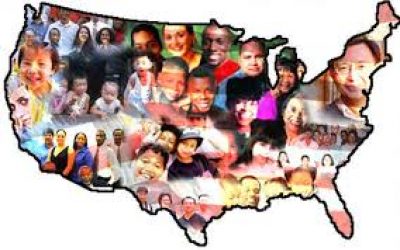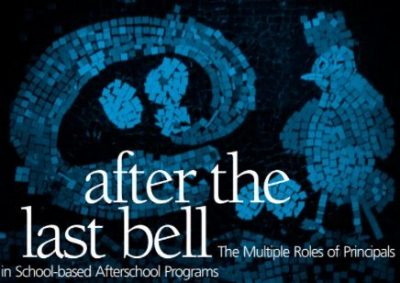Breakfast Club Blog

The BOOST Breakfast Club Blog is a curated space where bloggers from around the world contribute content on a continual basis about a variety of topics relevant to in and out-of-school time. The BOOST Breakfast Club blog is at the heart of an ongoing dialogue where expanded learning and education professionals share their personal thoughts and stories from the in and out-of-school time field. They also tell us what they ate for breakfast!
The BOOST Breakfast Club Blog is Brain Food for In and Out-of-School Time Leaders!
Interested in becoming a blogger? Email breakfastclub@boostcollaborative.org
Click here to Register for a free account or click here to Login to your existing account.
ARE YOU SAFE?
Editor’s Note: Welcome first-time BOOST Blogger @bradfrommissouri! Brad is the state lead for the Missouri AfterSchool Network. Brad’s passion is to use his background and experience to develop and manage programs that enhance the lives of individuals and organizations. We are thrilled to have him join our esteemed blogger team! —– Are you safe? It seems like an odd question, doesn’t it? After all, our afterschool programs provide a safe place for students to go when sch...Read More
Coding Club: What High School Students Can Teach Us About Leading Afterschool Programs
None of the high school or elementary students noticed me when I slipped into their after-school classroom last fall. The room buzzed with happy energy as the older students crouched at computers, coaching their younger peers on using Scratch to create animated games. This after-school Coding Club was the first of its kind for my organization, Ann Arbor Public Schools Community Education and Recreation (“Rec & Ed”). We have a decades-long history of providing after-school programs in our sch...Read More
Growing Grit: G = MC3
You may have heard of Albert Einstein’s famous equation on his theory of relativity… E = MC2. Our slightly less-famous equation on our theory of grittiness is… G stands for Grit I first learned about “grit” from John Wayne (True Grit – 1969 Western), but it took educational research rock star Angela Lee Duckworth (author of Grit: The Power of Passion and Perseverance) to make “grit” a buzzword in education, and a fundamental targeted outcome for our own afterschool programs. Duckwort...Read More
Afterschool Programs: Expanding the Definition of Success
As a father of two girls ages 7 and 10, married to an amazing educator of over 20 years, I have a 360-degree perspective of the teaching and learning experience. As a matter of fact, my 4th grade daughter is my wife’s student. It’s a complete family affair. Most people I share that with have an initial reaction of concern. The most common questions are, “How is that working out for your daughter? Isn’t that weird for her? Does she feel challenged?” All these have me...Read More
Fear and Deportation
What can after school programs do to support children who are experiencing fears related to the impacts of deportation? Many of our programs work with children and families who have deep fears about the changing immigration climate and increased deportations. Knowing what to do to support students and families on these issues can be hard for staff. They want to help but do not have expertise in this area. They also want to know what is ok to say and do in their role. Here are some actions that c...Read More
Supporting Afterschool Programs on Your School Campus
In 2008, forty-six percent of public elementary school reported that a fee-based stand-alone program was physically located on campus. -(National Center for Education Statistics, February 2009). Whether or not that figure holds true in 2014 is not yet known, but count yourself – and your students – lucky if you have a program available to your students on your campus. A continually growing body of research proves that high quality afterschool programs have the ability to change children’s ...Read More









